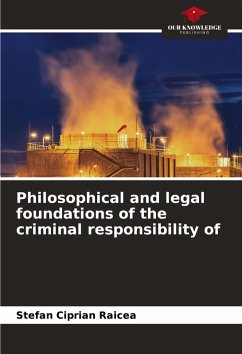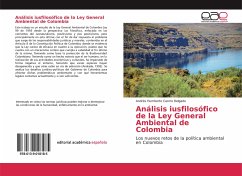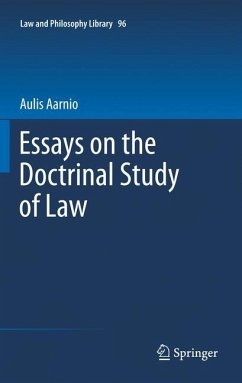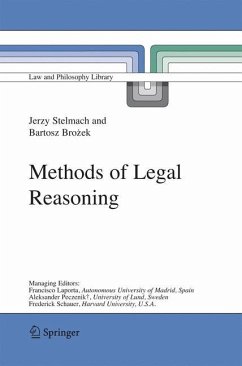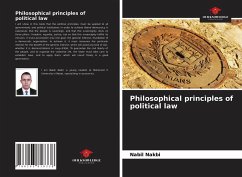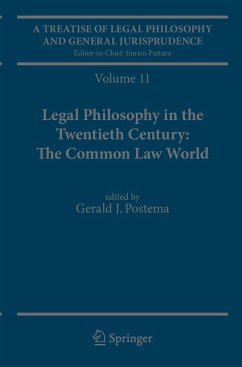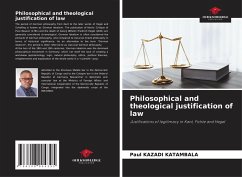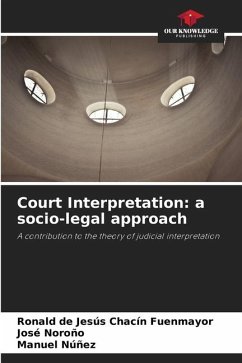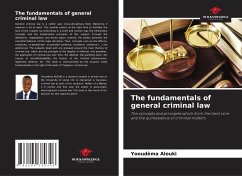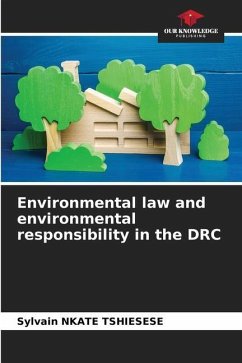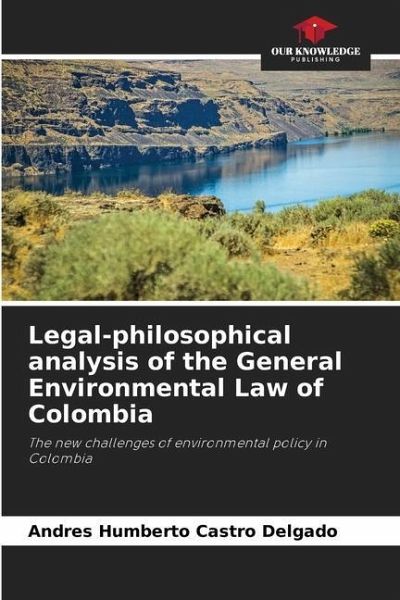
Legal-philosophical analysis of the General Environmental Law of Colombia
The new challenges of environmental policy in Colombia
Versandkostenfrei!
Versandfertig in 6-10 Tagen
36,99 €
inkl. MwSt.

PAYBACK Punkte
18 °P sammeln!
This work is a study of the General Environmental Law of Colombia-Law 99 of 1993 from an ius-philosophical perspective, focused on the currents of iusnaturalism, positivism and post-positivism, but mainly on the latter; in order to respond to the problem arising from the legal and moral responsibilities, contained in Article 8 of the Political Constitution of Colombia; where it is evident that the Law lacks effectiveness in terms of its execution, since it does not have an accurate mechanism that fully complies with its ultimate purpose. Based on the protection of Colombian Biodiversity. Takin...
This work is a study of the General Environmental Law of Colombia-Law 99 of 1993 from an ius-philosophical perspective, focused on the currents of iusnaturalism, positivism and post-positivism, but mainly on the latter; in order to respond to the problem arising from the legal and moral responsibilities, contained in Article 8 of the Political Constitution of Colombia; where it is evident that the Law lacks effectiveness in terms of its execution, since it does not have an accurate mechanism that fully complies with its ultimate purpose. Based on the protection of Colombian Biodiversity. Taking as a notorious fact that human beings, in carrying out their economic and cultural activities, have had a negative impact on the environment, causing several species to disappear and others to be on the verge of extinction (Andrade, 1992). The legal-political challenges of the Colombian Government to face these environmental problems are analyzed, as well as the legal tools currently available and whether they are sufficient.



